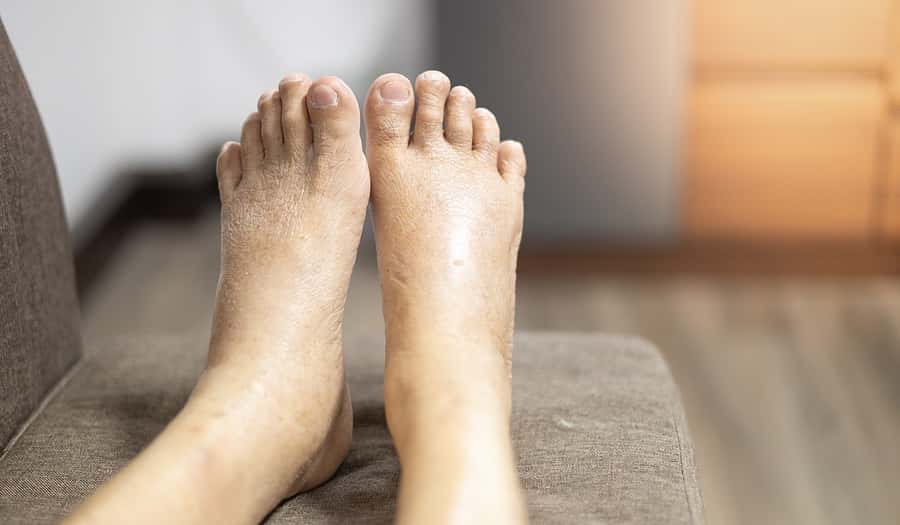
Have you been having trouble sleeping? Lots of people find it difficult to get the sleep they need from time to time. Tossing and turning night after night can lead to a range of health problems, so it’s no wonder people try lots of different approaches to overcome insomnia. One reader maintains that it helps to raise the foot of the bed.
Will You Sleep More Easily If You Raise the Foot of the Bed?
Q. I recently read your article about elevating the head of the bed. I liked that idea, but instead I raised the foot of my bed about six inches.
I thought it would help my swollen feet and ankles to raise them above my heart. Sadly, my ankles are still swollen but I have slept like a rock.
A. We are certainly glad to hear you are sleeping well. We cannot explain why some people might benefit from elevating the legs. Several studies suggest that people who snore are less likely to do so when they raise the head of the bed (JMIR Formative Research, April 6, 2022; also Journal of Clinical Gastroenterology, Sep. 2015). This certainly illustrates that individuals respond differently.
Learn More:
That’s why we offer so many options in our eGuide to Getting a Good Night’s Sleep. This online resource reviews the pros and cons of sleeping pills as well as herbs and home remedies. It does not offer insights on whether you should raise the foot of your bed, however. If other readers try this experiment, we hope they share the outcome.
Swollen Feet Could Be a Red Flag:
You may want to ask your doctor why your feet are so swollen. This could be a symptom of something more serious, potentially a problem with the heart or kidneys. Addressing the underlying condition might help you control the swelling.
Citations
- Danoff-Burg S et al, "Sleeping in an inclined position to reduce snoring and improve sleep: In-home product intervention study." JMIR Formative Research, April 6, 2022. DOI: 10.2196/30102
- Person E et al, "A novel sleep positioning device reduces gastroesophageal reflux: A randomized controlled trial." Journal of Clinical Gastroenterology, Sep. 2015. DOI: 10.1097/MCG.0000000000000359

